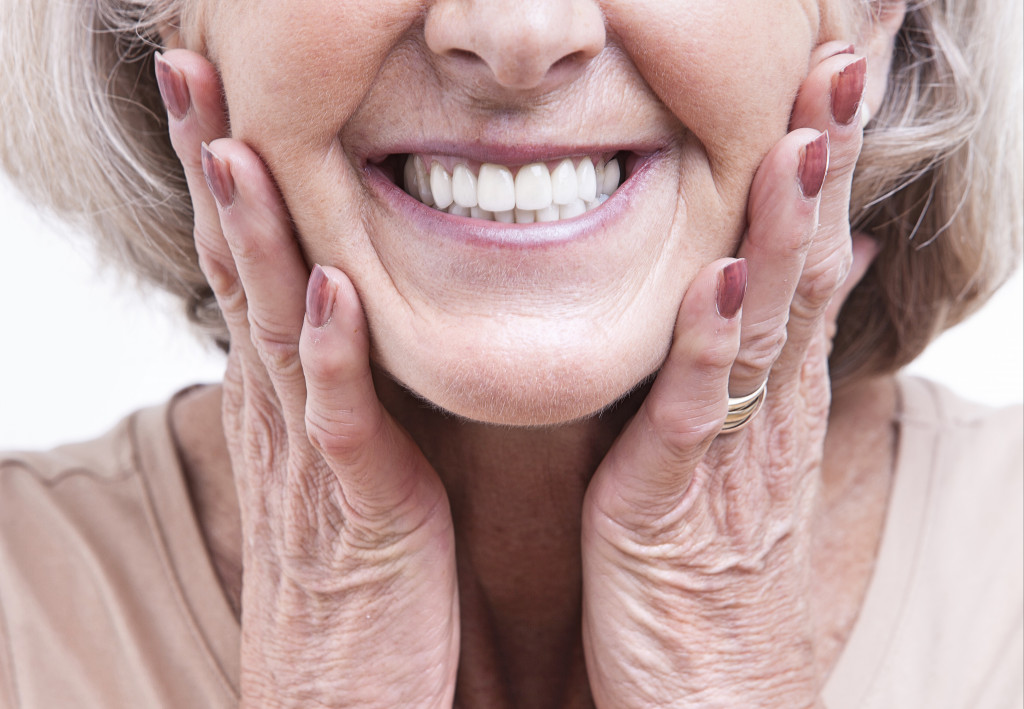For a country so advanced with a reliable healthcare system, it’s quite surprising to find out that many adults in Singapore aren’t on top of their oral health game. According to a 2016 survey, almost one in three (31%) Singaporeans aged 60 and up were completely toothless.
That’s a considerably high gap the country has between other developed nations, where only 17% to 20% of the same age group have lost all their teeth. Another research found that orthodontic problems were also common in many Singaporean adults. Still, there’s a silver lining to it: more adults in Singapore are now seeking orthodontic treatment for problems that weren’t treated when they were young.
We often emphasize the benefits of dental care for children, which is probably why many adults overlook their oral health. But just because you’ve grown all your permanent teeth doesn’t mean you’ve become immune to oral health problems. You could still have cavities, and gum disease, the reasons many senior adults’ teeth fall off.
Common Oral Health Problems Adults and Senior Adults Face
-
Untreated Tooth Decay
According to World Health Organization (WHO), nearly 100% of adults have at least one dental cavity. In the U.S. alone, more than one in four adults have untreated tooth decay. But this particular problem and other oral health issues are much worse in places with poor and disadvantaged populations.
-
Gum Disease
WHO also found that between 15% and 20% of adults 34 to 44 years old have severe gum disease. This condition, a.k.a. periodontitis, is a serious infection that can damage the teeth and bones.
-
Tooth Loss
Around 30% of adults aged 65 to 74 around the world have lost all their teeth. In Singapore, the tooth loss problem is being addressed through dental technology and increasing awareness about teeth-friendly diets.
-
Oral Cancer
There are between one and ten cases of oral cancer out of every 100,000 people in most countries. Luckily, it’s not common in Singapore. But it doesn’t mean you should lower your guard. Research has found that oral malignancies more commonly affect older males, with the highest incidence in Chinese males.
-
Crooked or Crowded Teeth
Crooked or crowded teeth usually show up in childhood, but since the teeth move continuously, misalignment or overcrowding becomes worse over time without treatment. If your parents have a history of crooked or crowded teeth, you’re more likely to experience it, too.
How Your Age Relates to Your Oral Health

As you age, your overall health can decline naturally if you don’t take care of yourself well. Hence, by doing the opposite and staying on top of your healthcare needs, you can avoid most oral health issues.
If crooked or crowded teeth are your main problem, you can still have that fixed, even if your hair has already gone silver. Many adults, in fact, question whether getting braces is still worth it at their age because the teeth move faster when you’re young, so braces work a lot quicker on children and teens. Adults’ teeth, on the other hand, move slower.
That’s not a reason to hesitate, though. Braces will still work on you; only you have to keep them on for a longer time. But there’s great news: According to Dr. Chew Ming Tak of the Department of Orthodontics and National Dental Centre Singapore, it’s much easier to treat adults’ teeth problems. That’s because adults are more compliant than young people when it comes to their treatments. This helps orthodontists attain the objectives of the treatment in the shortest time possible.
In addition, if you want to look younger, braces may actually help you. It can push your teeth forward, preventing your upper lip from drooping forward, which tends to happen with age.
Signs You Need Braces
Besides misaligned or crowded teeth, other oral issues also require braces to fix. If you’re experiencing any of the following, visit an orthodontist ASAP:
- Frequently biting your tongue involuntarily
- Teeth cutting your tongue involuntarily
- Teeth that don’t close over each other properly when your mouth is relaxed
- Your tongue in an awkward position, causing pronunciation issues
- Clicking jaws when you wake up or chew
- Strain in jawline after chewing
- Having an overbite
Preventing Oral Health Issues
Good oral hygiene is the ultimate key to preventing oral health issues. You know the drill; brush your teeth at least two times a day, floss at least once a day, and limit your sugar intake. Sugar degrades your teeth and causes cavities.
Avoid using tobacco products as well, and drink fluoridated water if you’re particularly susceptible to cavities. Improve your diet, too, by consuming more fruits and vegetables than salty, sweet, and processed food.
Your smile can maintain its perfection until your old age, so don’t resign to the misconception that you’re bound to be toothless in your golden years. Visit your dentist now if you haven’t seen them in a while, and do preventive measures before it’s too late.

